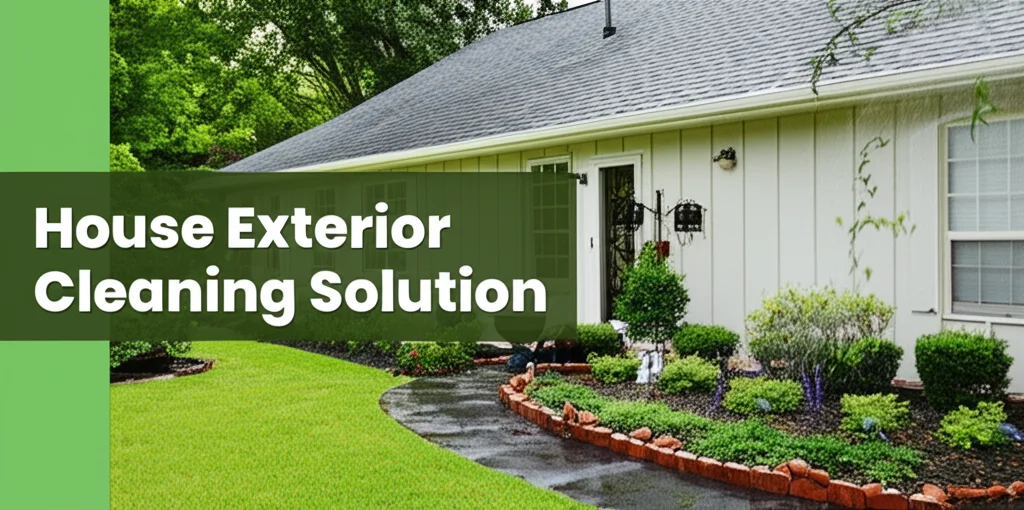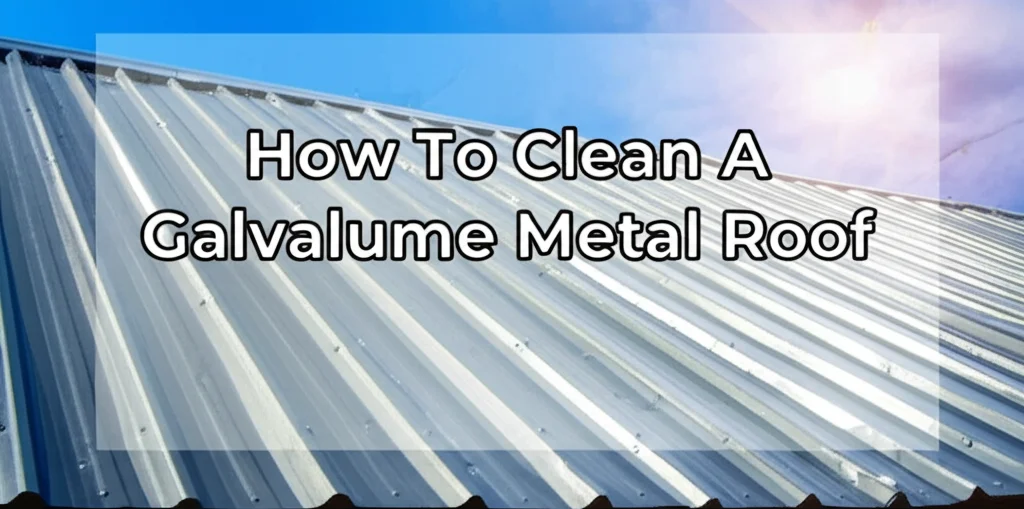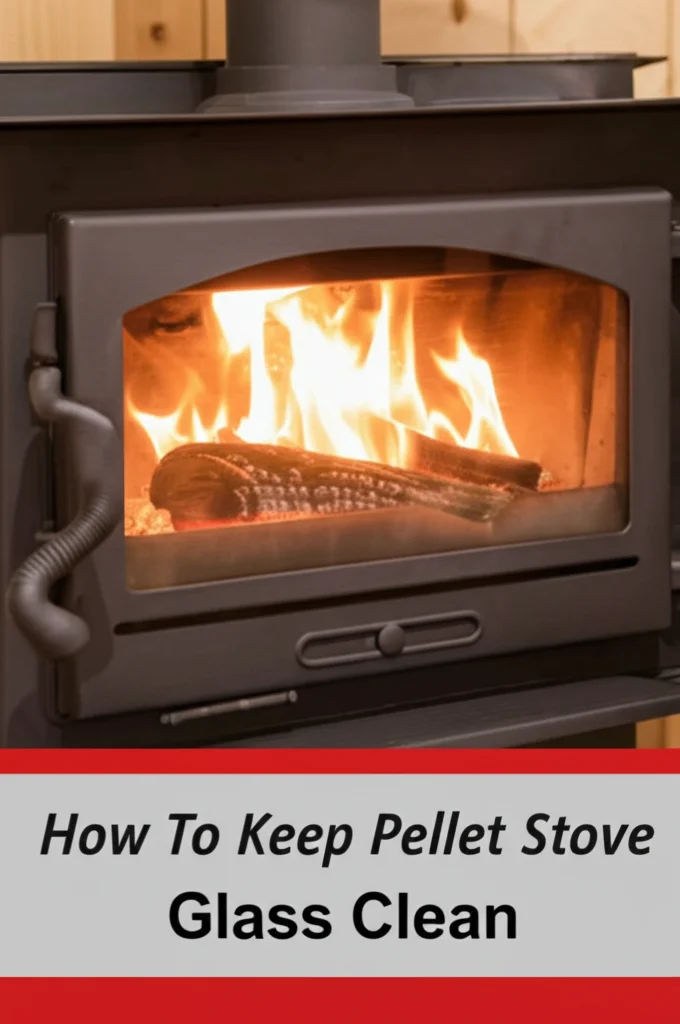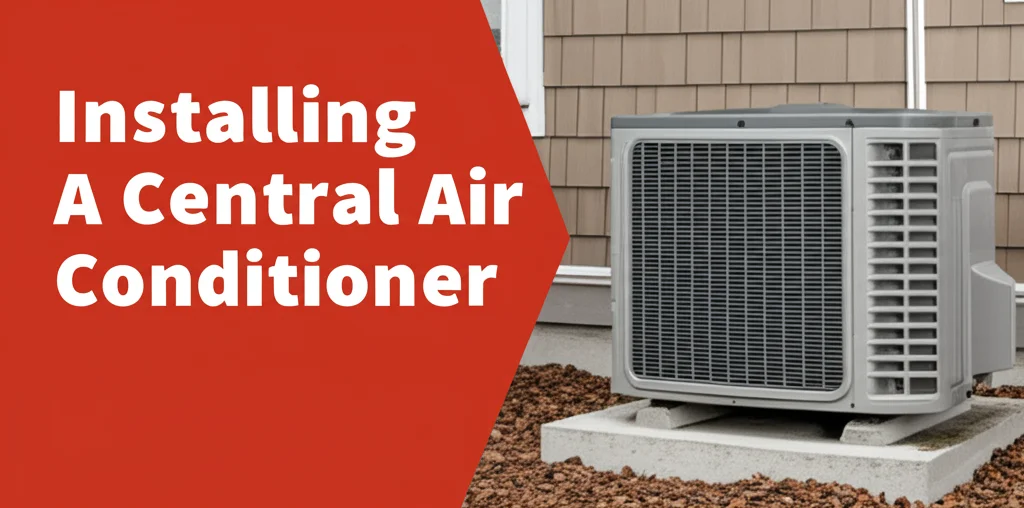· Home Improvement · 6 min read
How Much To Clean And Seal Pavers
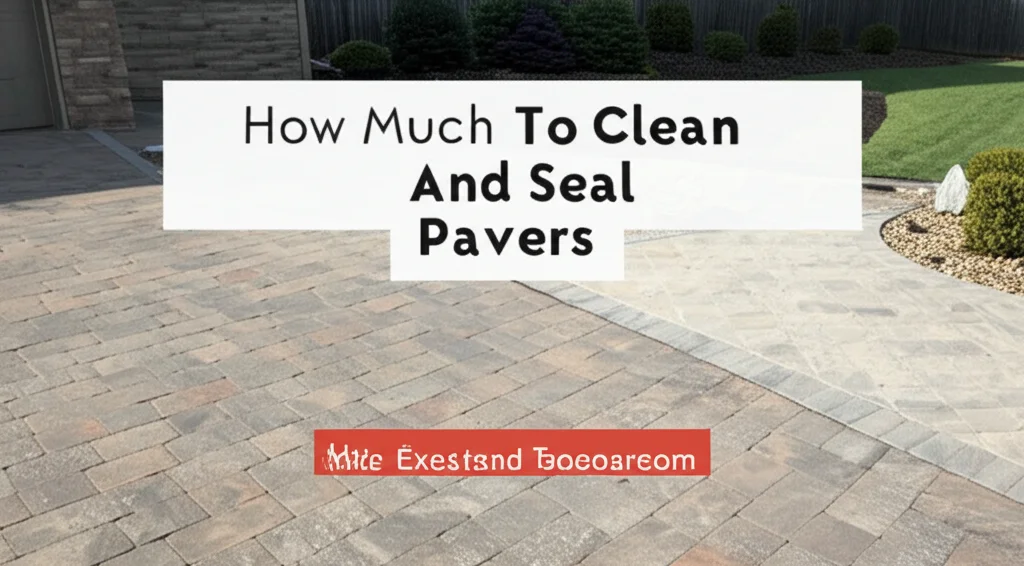
How Much Does Paver Cleaning and Sealing Really Cost?
Have you noticed your beautiful paver patio or driveway looking a little dull? Cleaning and sealing pavers can restore their original luster and protect them from future damage. But how much will this rejuvenation project set you back? This article will give you a comprehensive breakdown of the costs involved in cleaning and sealing your pavers, whether you choose to tackle it yourself or hire a professional. We’ll cover everything from the price of materials to labor costs, helping you budget effectively for a stunning outdoor space. We’ll also explore factors that influence the final price and offer tips for getting the best possible value.
Here’s a quick answer: The cost to clean and seal pavers typically ranges from $0.30 to $0.70 per square foot for DIY projects, and $3 to $8 per square foot for professional services.
Key Takeaways:
- DIY is cheaper: You’ll save on labor costs, but require time and effort.
- Professional cleaning is more thorough: Experts have specialized equipment and knowledge.
- Sealing is crucial: It protects your investment and extends paver lifespan.
- Price varies: Factors like paver type, size of area, and sealant choice impact cost.
Understanding the Costs: DIY vs. Professional
Let’s start by comparing the costs of doing the job yourself versus hiring a professional paver cleaning and sealing service. Each option has its pros and cons, and the best choice depends on your budget, time constraints, and comfort level with DIY projects. Understanding these differences is the first step in making an informed decision.
DIY Paver Cleaning and Sealing:
- Cleaning Supplies: You’ll need a paver cleaner (around $20-$50 per gallon, depending on the type), a stiff-bristled brush, and potentially a pressure washer (rental: $50-$100 per day).
- Sealer: Paver sealer costs between $50-$150 per gallon, covering approximately 200-400 square feet. The type of sealer (water-based, solvent-based, penetrating) will affect the price.
- Tools: A sprayer for applying the sealer ($20-$50), rollers or brushes for even distribution ($10-$30), and potentially a sealant applicator ($50-$100).
- Labor: Your time! This is the biggest “cost” of DIY, as it can be physically demanding and time-consuming.
Professional Paver Cleaning and Sealing:
- Cleaning: Professionals use specialized equipment like high-pressure washers and rotary cleaners to remove dirt, grime, and weeds.
- Sealing: They apply sealant evenly and efficiently, ensuring optimal protection.
- Labor: The majority of the cost is labor, typically ranging from $1 to $3 per square foot.
- Materials: Professionals often have access to bulk discounts on cleaning solutions and sealers.
Factors Influencing the Cost of Paver Cleaning
Several factors can significantly impact the cost of cleaning your pavers. It’s important to consider these when getting quotes or estimating your DIY expenses. Ignoring these details can lead to unexpected costs down the line.
Paver Type
Different paver materials require different cleaning methods and solutions. For example, concrete pavers are generally easier to clean than natural stone pavers like travertine or limestone. Natural stone may require gentler cleaning agents to avoid damage.
Paver Condition
Heavily soiled or stained pavers will require more intensive cleaning, increasing labor costs or the amount of cleaning solution needed. If there’s significant algae, mold, or mildew growth, a specialized cleaning treatment may be necessary.
Area Size
The larger the area, the higher the overall cost, whether you’re doing it yourself or hiring a professional. However, professionals may offer discounts for larger projects.
Accessibility
If the pavers are difficult to access (e.g., narrow pathways, steep slopes), it may increase labor costs. Professionals may need to use specialized equipment or take extra time to maneuver around obstacles.
Decoding the Cost of Paver Sealing
Sealing your pavers is just as important as cleaning them, and the cost can vary depending on several factors. A good sealant protects your pavers from staining, weathering, and wear and tear, extending their lifespan and maintaining their appearance.
Sealant Type
- Water-Based Sealers: These are environmentally friendly, easy to apply, and relatively inexpensive ($30-$60 per gallon). They offer good protection but may require more frequent reapplication.
- Solvent-Based Sealers: These provide excellent protection and durability but are more expensive ($50-$100 per gallon) and have stronger fumes.
- Penetrating Sealers: These soak into the pavers, providing long-lasting protection from within. They are typically more expensive ($70-$150 per gallon) but require less frequent reapplication.
Number of Coats
Most pavers benefit from two coats of sealant for optimal protection. Applying multiple coats adds to the cost of materials and labor.
Application Method
Spraying is the most efficient method for applying sealant, but it requires a sprayer and proper ventilation. Rolling or brushing can be more time-consuming but may be necessary for smaller areas or intricate paver patterns.
Getting the Best Value: Tips and Tricks
Now that you understand the costs involved, here are some tips for getting the best value for your money. A little research and planning can save you a significant amount of money.
- Get Multiple Quotes: If you’re hiring a professional, get quotes from at least three different companies. Compare their prices, services, and warranties.
- Ask About Discounts: Don’t be afraid to ask about discounts for seniors, veterans, or larger projects.
- Consider DIY for Smaller Areas: If you have a small patio or walkway, DIY cleaning and sealing can be a cost-effective option.
- Choose the Right Sealant: Select a sealant that is appropriate for your paver type and your climate.
- Proper Preparation is Key: Thoroughly clean your pavers before sealing them to ensure proper adhesion. You can find more information on proper cleaning techniques at https://www.beacleaner.com/how-to-clean-floor-grout-without-scrubbing/.
- Regular Maintenance: Sweep your pavers regularly and clean up spills promptly to prevent staining and reduce the need for intensive cleaning.
Frequently Asked Questions (FAQs)
Q: How often should I clean and seal my pavers?
A: Generally, pavers should be cleaned every 1-2 years and sealed every 3-5 years, depending on the amount of traffic and exposure to the elements. Regular cleaning and sealing will help maintain their appearance and prevent damage.
Q: Can I pressure wash my pavers myself?
A: Yes, but be careful! Use a wide fan nozzle and low pressure to avoid damaging the pavers or the joint sand. If you’re unsure, it’s best to hire a professional.
Q: What happens if I seal pavers that aren’t completely dry?
A: Sealing pavers that are still wet can trap moisture underneath the sealant, leading to blistering, peeling, and premature failure. Ensure the pavers are completely dry before applying sealant.
Q: Is it better to use a water-based or solvent-based sealer?
A: It depends on your priorities. Water-based sealers are more environmentally friendly and easier to apply, while solvent-based sealers offer superior protection and durability. Consider your needs and preferences when making your decision. If you’re concerned about fumes, a water-based sealer is a good choice.
Conclusion: Protecting Your Investment
Cleaning and sealing your pavers is a worthwhile investment that will protect your outdoor space and enhance its beauty for years to come. Whether you choose to tackle the project yourself or hire a professional, understanding the costs involved and taking the time to do it right will pay off in the long run. Remember to factor in the type of pavers, the size of the area, and the sealant you choose when budgeting for this project. By following the tips outlined in this guide, you can ensure a stunning and durable paver surface that you’ll enjoy for many years. Don’t hesitate to seek professional advice if you’re unsure about any aspect of the process. And if you’re looking for more cleaning tips for your home, check out https://www.beacleaner.com/how-to-clean-hardwood-floors-with-vinegar/ for helpful advice.

